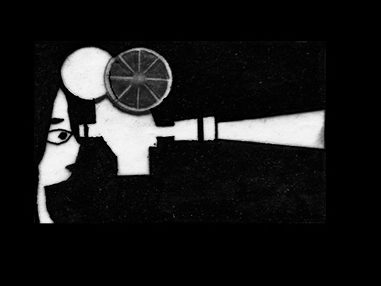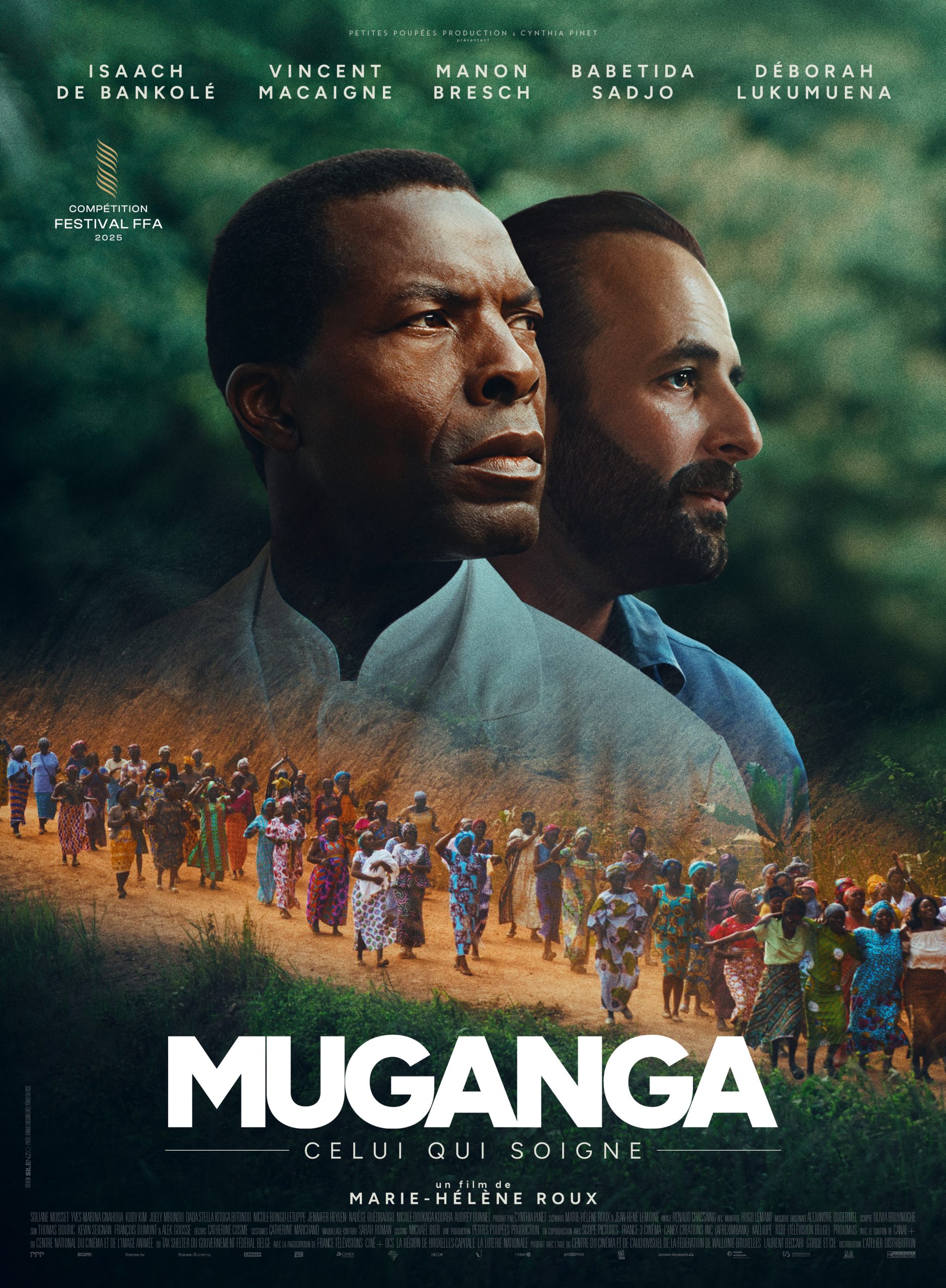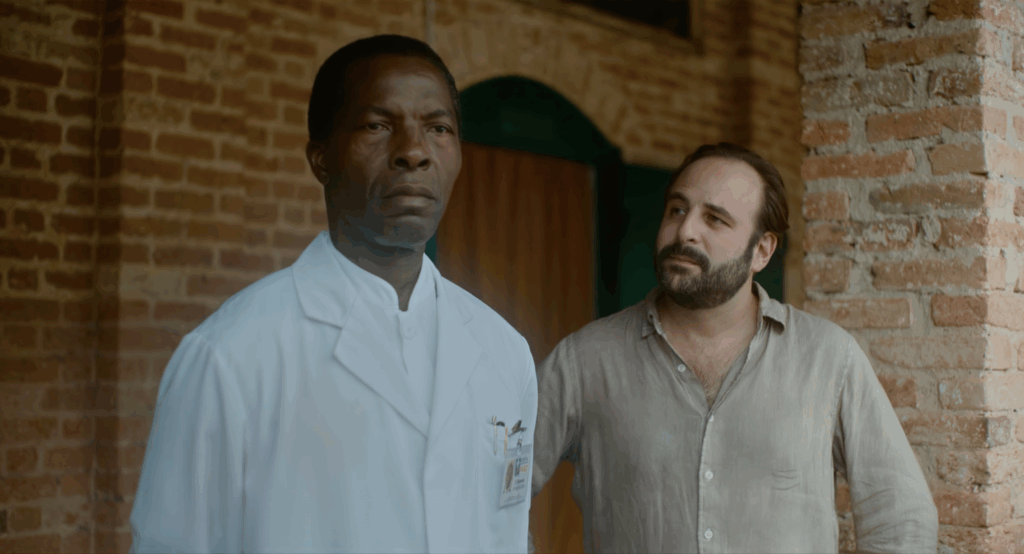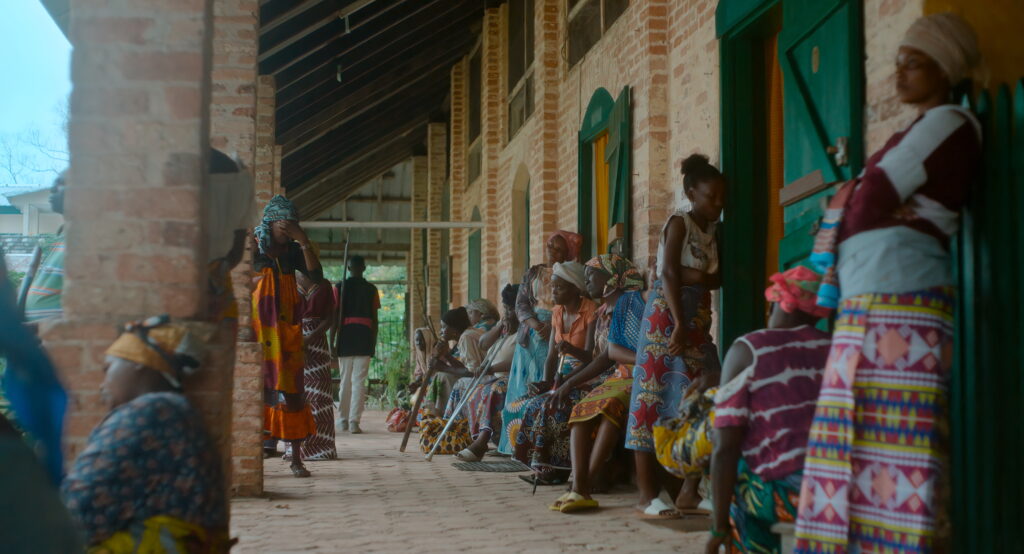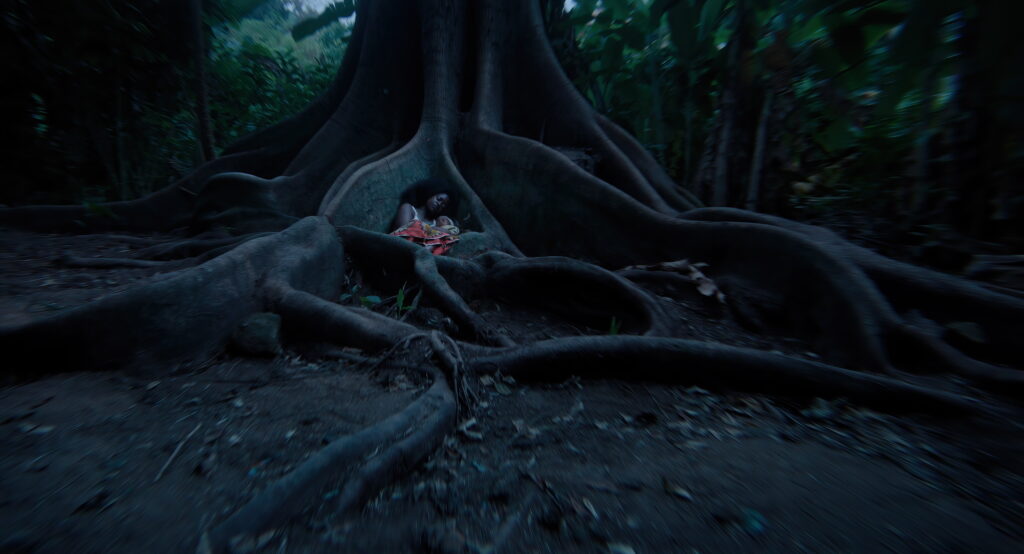Muganga, the Fight of Denis Mukwege
There are films that change the way we see the world. Muganga, which means “the one who heals” in Swahili, is one of them.
Marie-Hélène Roux, a director who grew up in Gabon (like me, editor’s note), took ten years to bring this film to our screens. It was co-written with Jean-René Lemoine and inspired by the book Panzi, authored by Denis Mukwege and Guy-Bernard Cadière.
This book bears witness to the struggle at Panzi Hospital, a refuge where Dr. Mukwege treats thousands of women victims of sexual violence in the Democratic Republic of Congo.
Marie-Hélène Roux chose to shoot Muganga in her childhood country, notably in Lambaréné, for compelling security reasons linked to threats in the DRC.
A heavy and complex geopolitical context
While our current reality is grim, Dr. Denis Mukwege, Nobel Peace Prize laureate in 2018, and his Belgian colleague Guy-Bernard Cadière restore faith in humanity and in the subversive power of active compassion through the care they bring to thousands of women destroyed by rape, abandonment by their communities, AIDS, and unwanted pregnancies.
Against the backdrop of a torn country rich in strategic minerals such as coltan, with 80% of the world’s production located in the Kivu region, mass sexual assaults affect up to 40% of women in certain areas of eastern Congo, with over 400,000 cases recorded by the UN between 1996 and 2010.
Coltan fuels both our smartphones and the pockets of armed groups and foreign interveners, notably the M23, a rebel movement supported by the Rwandan army, which has controlled strategic mining areas for several years. This control was further strengthened in 2024-2025 with the seizure of crucial territories like Bukavu.
This complex context is rooted in a heavy history. Congo was initially the personal property of King Leopold II before becoming a Belgian colony, where the fierce exploitation of populations and resources left deep wounds. The role of Rwanda and Burundi, annexed at the time as Ruanda-Urundi, adds to regional tensions and tragic consequences that persist today.
Muganga, at the heart of Panzi: struggle, care, and reconstruction
Today, it is at the heart of Panzi, a place of both physical and moral reconstruction, that the two doctors operate regardless of conditions such as power cuts, aided by nurses, some of whom are themselves former victims healed by the doctor.
Strong characters, intense storytelling
The story intertwines the figure of Mukwege, brilliantly portrayed by Isaach de Bankolé, and his Belgian colleague Guy-Bernard Cadière, played by Vincent Macaigne. This duo offers rich intensity, marked by respect, debates, and complementarities. The two actors spent long hours with Dr. Mukwege to get as close as possible to the truth.
A powerful scene pits the two doctors against each other on the sensitive issue of abortion, illegal in the DRC and refused by Dr. Mukwege, who is also a pastor, though it is vital for some women. This debate reflects the human complexity where faith, rights, and ethics intersect.
Muganga gives central focus to the survivors, women who fight and try to rebuild their lives. The place becomes their home. Raped women are rejected by their villages and are too afraid to leave the only refuge they have.
At Panzi, they are helped not to see themselves solely as victims but to rebuild, learn a trade, and become autonomous. It is also by drawing deeply on resilience that they find the help they need.
But it is hard to imagine how they do so, given the indescribable physical violence suffered and the moral destruction that follows. The film confronts us with this reality: the terrible pain and suffering of raped women in the DRC and beyond.
We feel the full authenticity and strength of this pain because the director knows the continent profoundly. Her exchanges with Dr. Mukwege have imparted to Muganga the truth of great cinema.
Ethics and human complexity at the heart of the debate
Muganga opens with a rape scene, accompanied by Mukwege’s speech, initially showing a white Western family to create immediate identification for the viewer. This frame gradually shifts to Congolese reality, emphasizing that this violence, far from being foreign, is universal. And this device, which avoids gratuitous shock, strikes with sensory power and invites intimate awareness.
Through the main characters Blanche, Busara, and Maïa, played by Babetida Sadjo, Déborah Lukumuena, and Manon Bresch, the film unfolds a choral narrative where reconstruction belongs to the women themselves, nourished by collective commitment.
A manifesto against impunity
Beyond testimony, Muganga is a manifesto denouncing the systematic use of sexual violence as a weapon of war designed to weaken communities in order to better pillage their resources. It calls out everyone: the UN officials who visit the doctor every year but are totally powerless, journalists, accomplices in the Congolese government, and consumers dependent on coltan and other minerals from Kivu.
Giving voice to the survivors
Carried by the performances of Isaach de Bankolé, Vincent Macaigne, and actresses Babetida Sadjo, Déborah Lukumuena, and Manon Bresch, Muganga gives body and voice to those who would be silenced.
Mukwege declares: “I have received all the medals. What is needed now is change.”
Muganga is a step toward that necessary change.
Support the Foundation
In theaters this week, Wednesday, September 24th—An absolute must-see.
